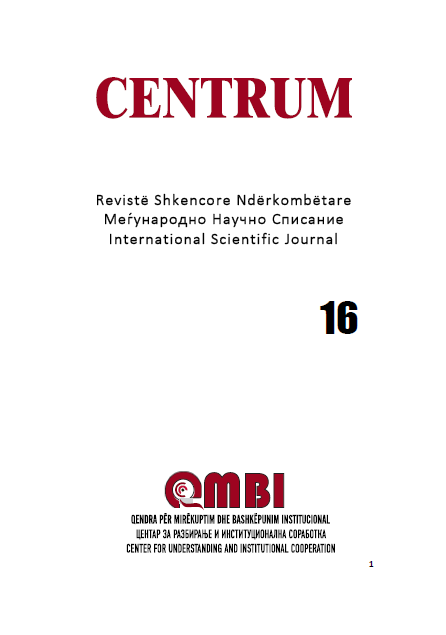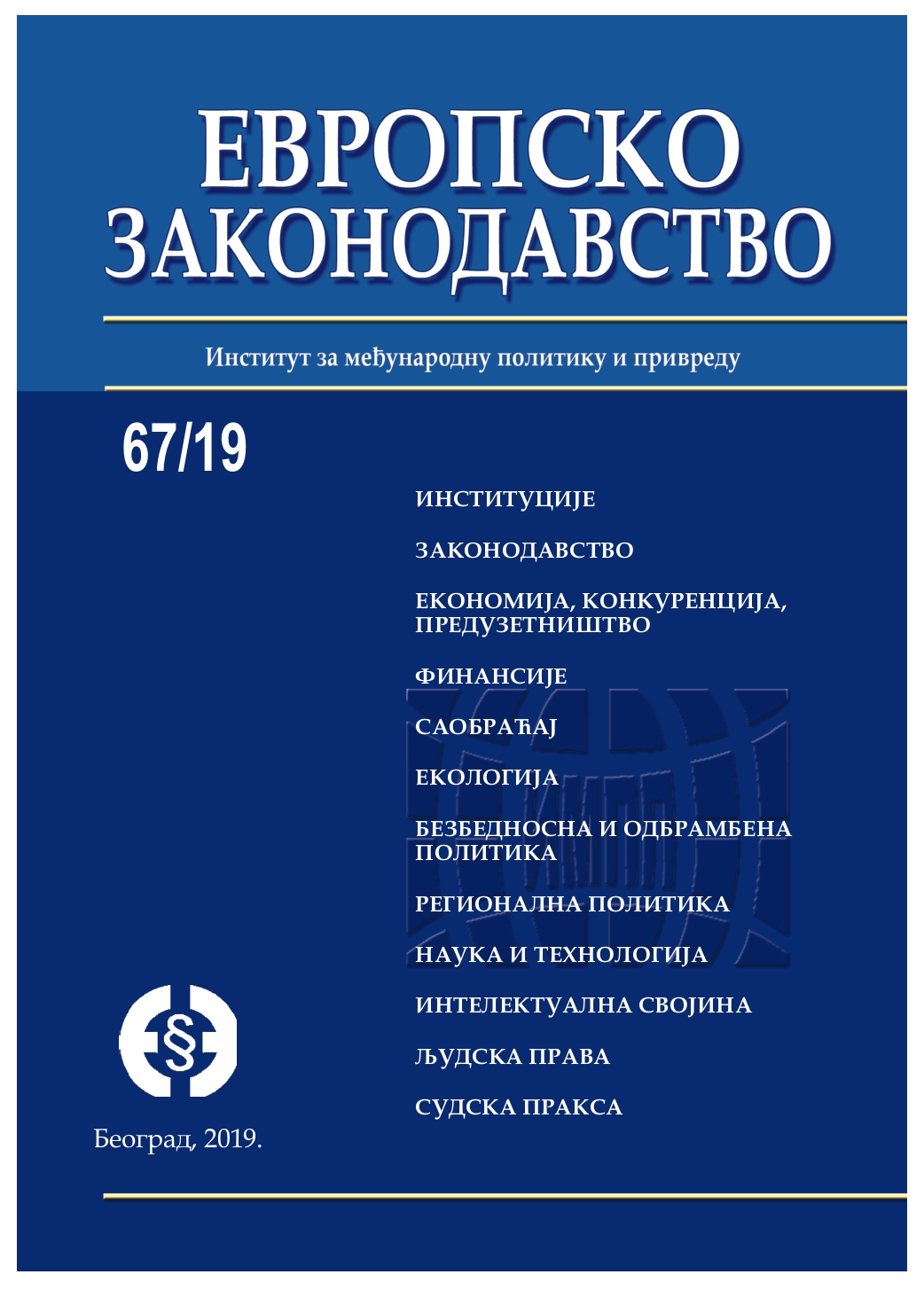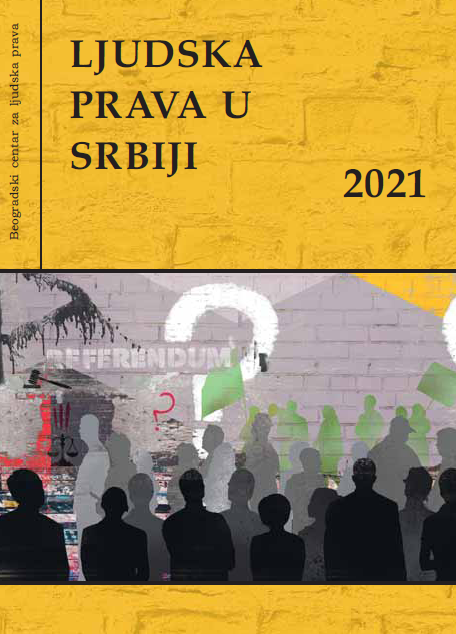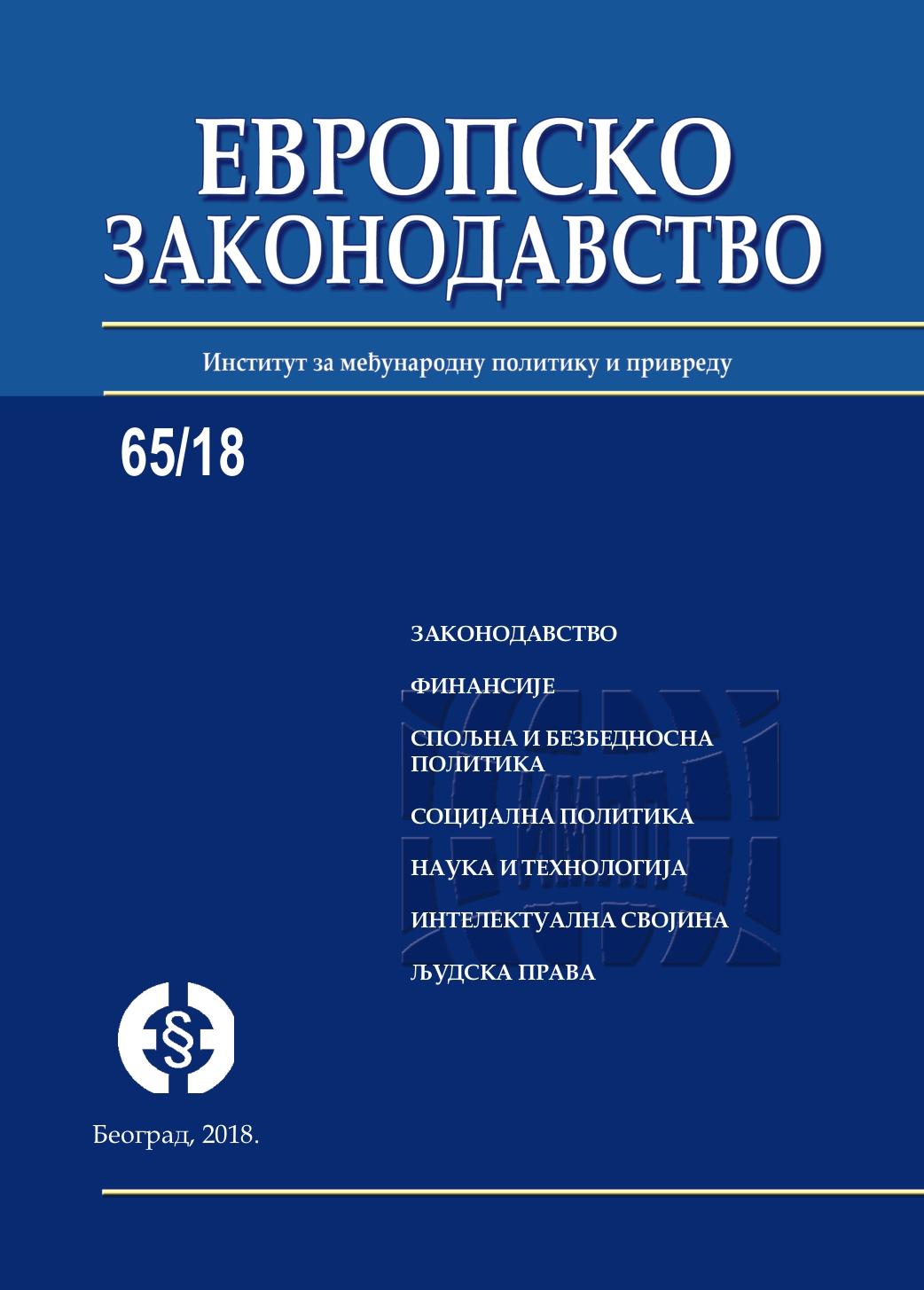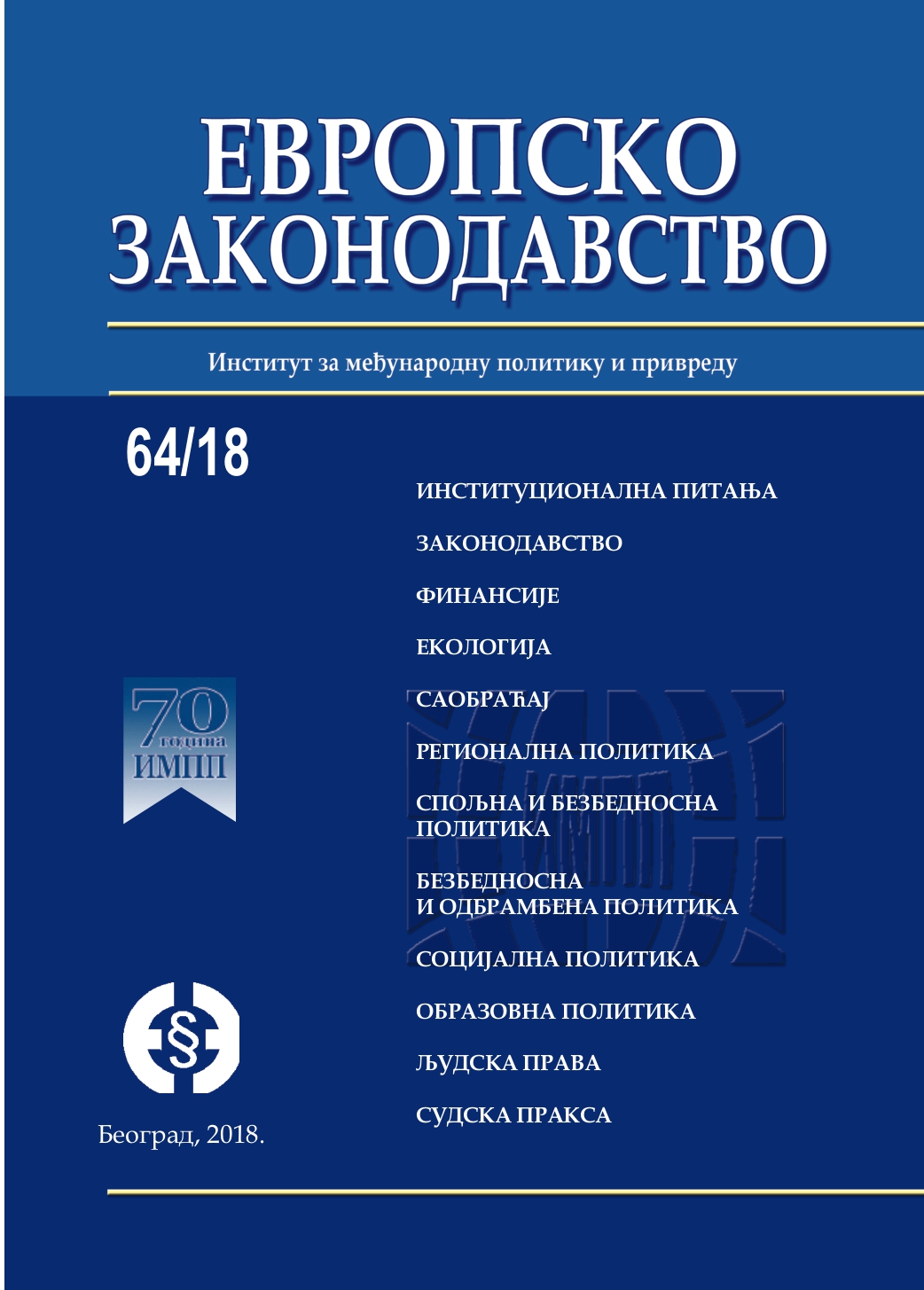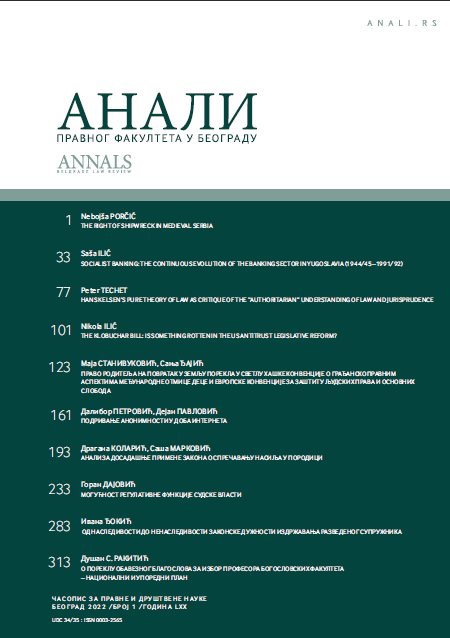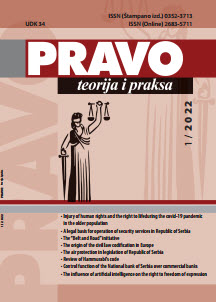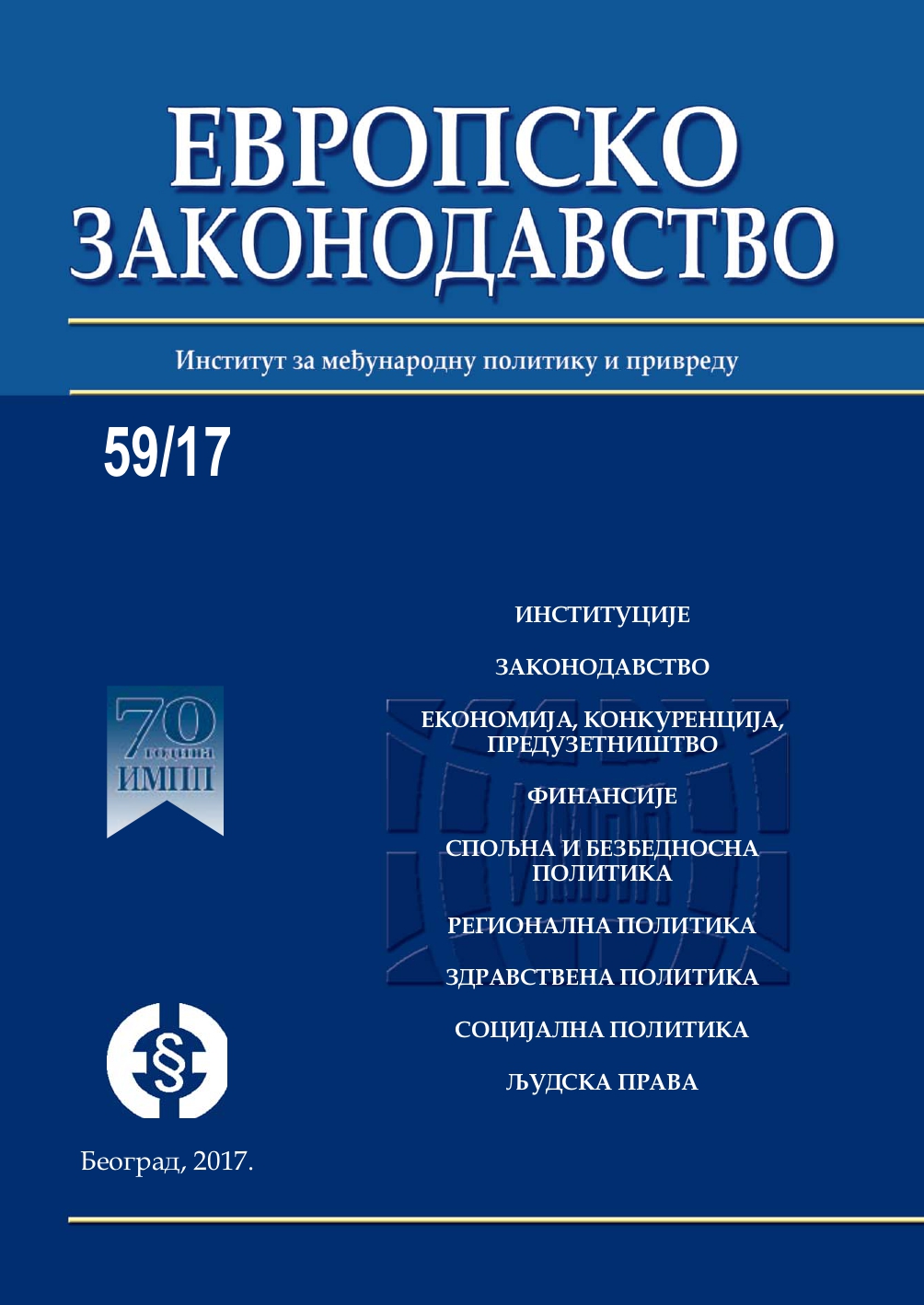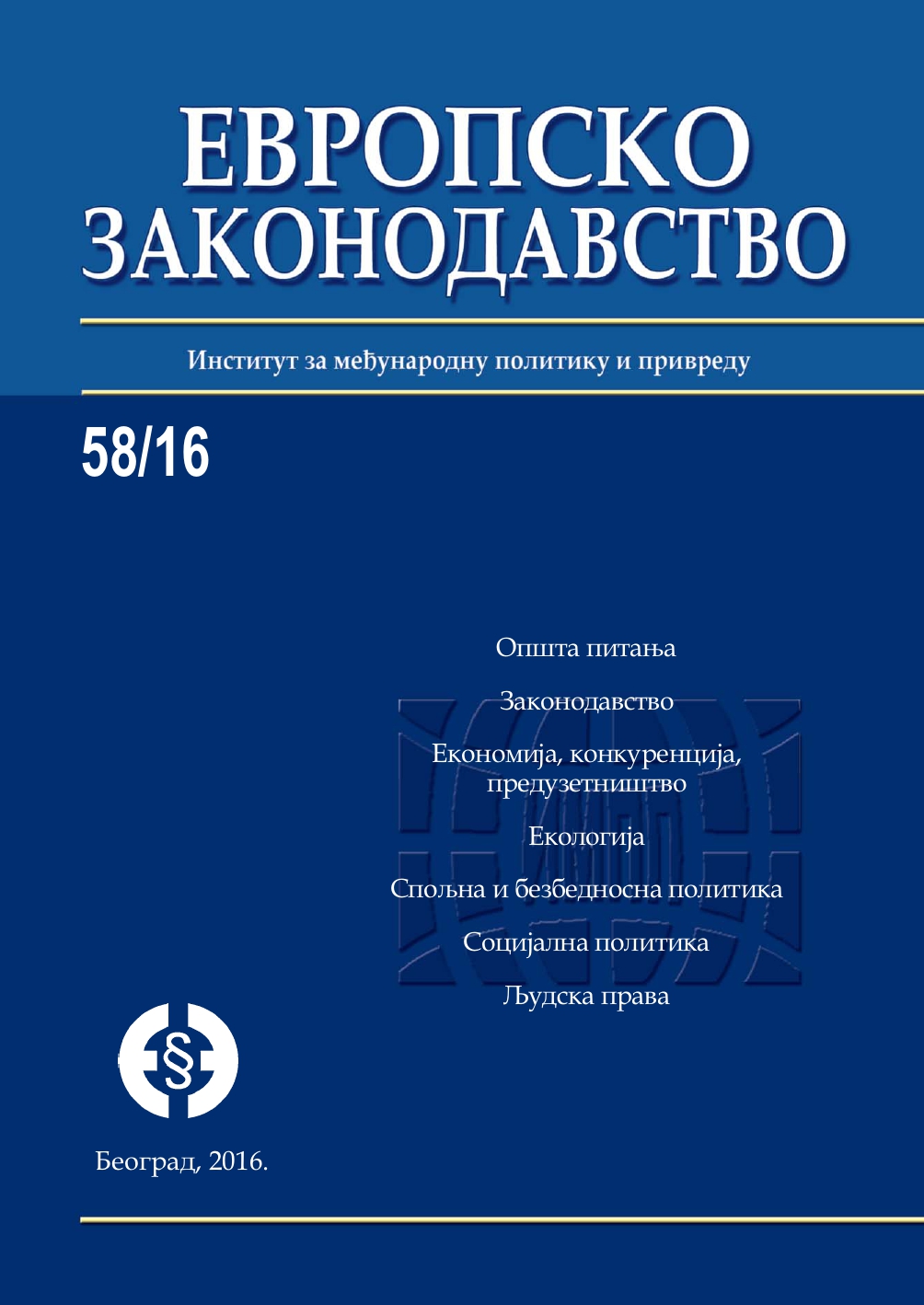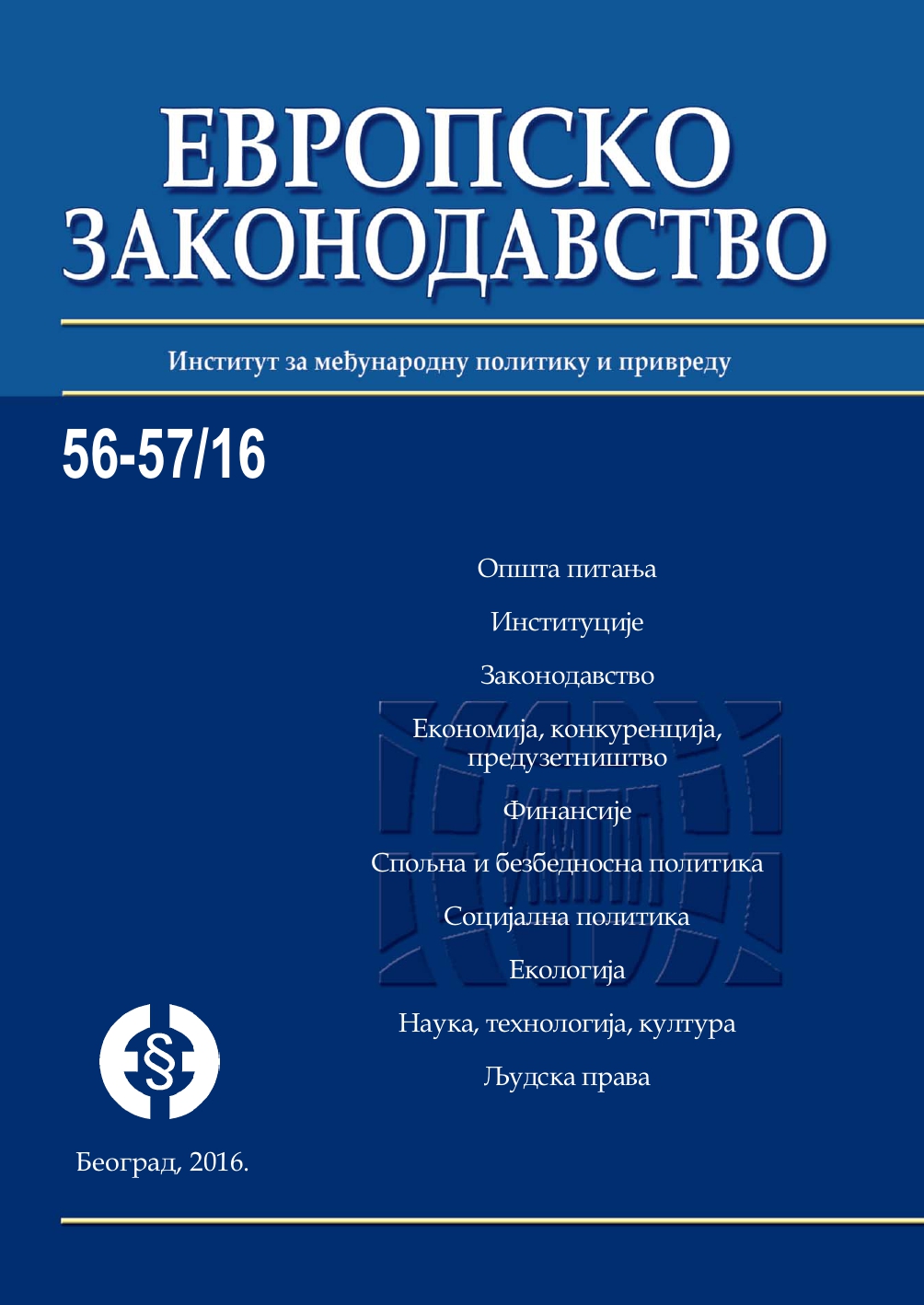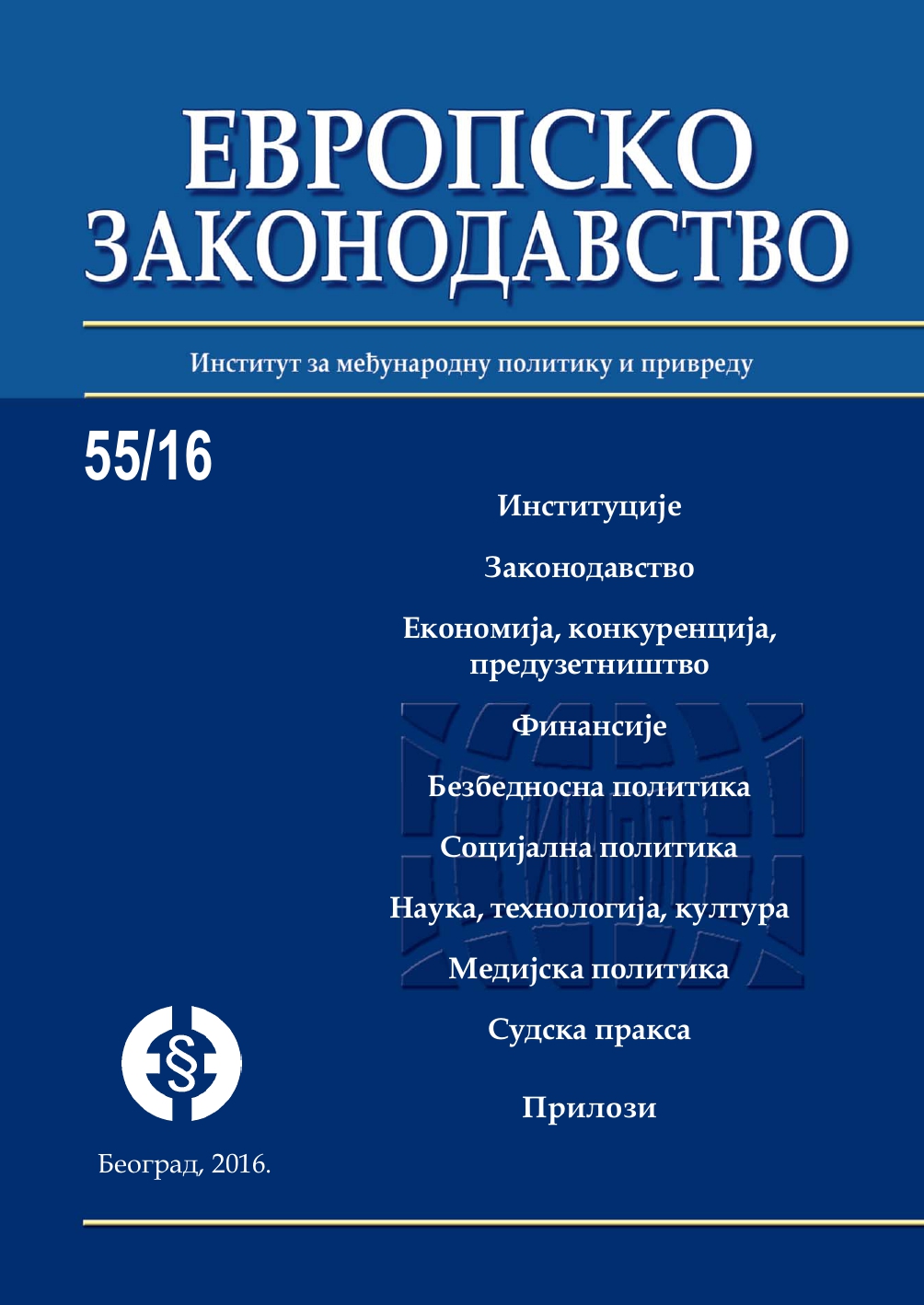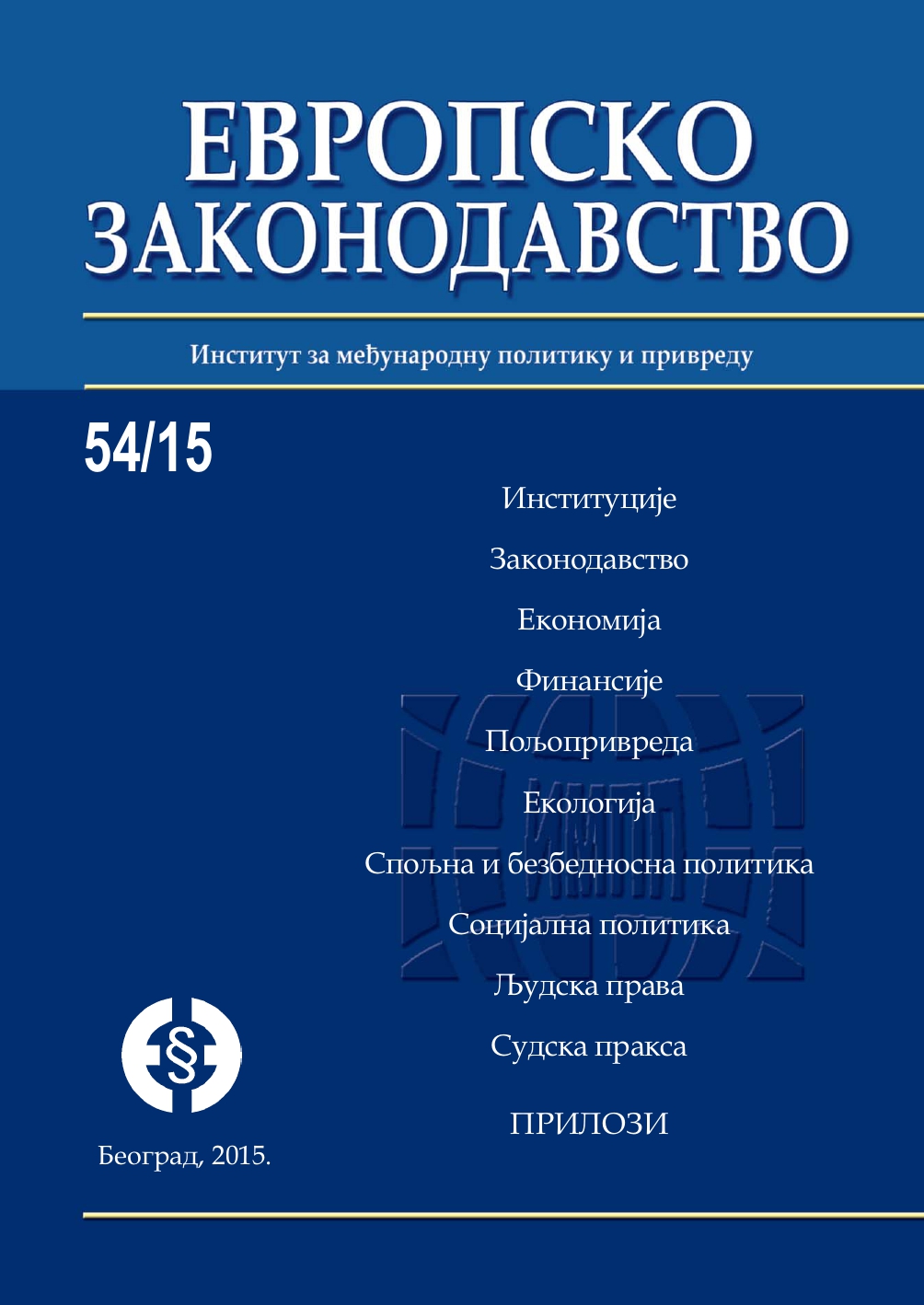Author(s): Željko Spalević,Žaklina Spalević / Language(s): Serbian
Issue: 56-57/2016
The legal aspects of the protection of persons are presented in this work at the level of international organizations, at the level of modern countries and the countries of our region. The aim of the research refers to scientific knowledge and positive legislation on the subject of research. This work discusses three issues, in other words, it is divided into three parts. In the first part entitled: International legal aspect of figure protection, it provides an overview which refers to the United Nations and the European Union. At the level of the United Nations are shown the Convention on Diplomatic Relations, the Convention on Consular Relations, the Convention on Special Missions, the Convention on the Representation of States in their relations with international organizations of universal character, the Convention on the Prevention and Punishment of Crimes against persons who have international protection, including diplomatic representatives. In the second part entitled: Legal aspect of the figure protection of modern states, is presented legal regulation of the area in Australia and the United States. Finally, in the third section entitled: Legal aspects of the figure protection of some countries in the region, the aspects are presented in Slovenia, Croatia, Serbia, Bosnia and Herzegovina and Montenegro. As noted, the European Union Member States and the laws that govern the protection of figure in these countries are processed, as well as a criminal law framework for the protection of the figure and sanctioning perpetrators of criminal acts who commit against the president or his deputy, government representatives, representatives of foreign countries or international organizations. The affairs of protecting figures and objects in those Member States of the European Union perform the police based on the legal and sub-legal framework. Regulations who govern the categories of persons, organization, tasks, measures, forms and methods of protection are presented. The area of figure protection also is governed by laws and sub-laws in Serbia, Bosnia and Herzegovina and Montenegro. The holder of the protection is the police and the organizational view is given. Protection tasks implement appropriate measures, actions, and levels of protection. The criminal- legal framework for the protection of figures is governed by the laws where perpetrators of criminal acts against representatives of the highest state authorities or institutions and against persons under international, are strictly punished.
More...
